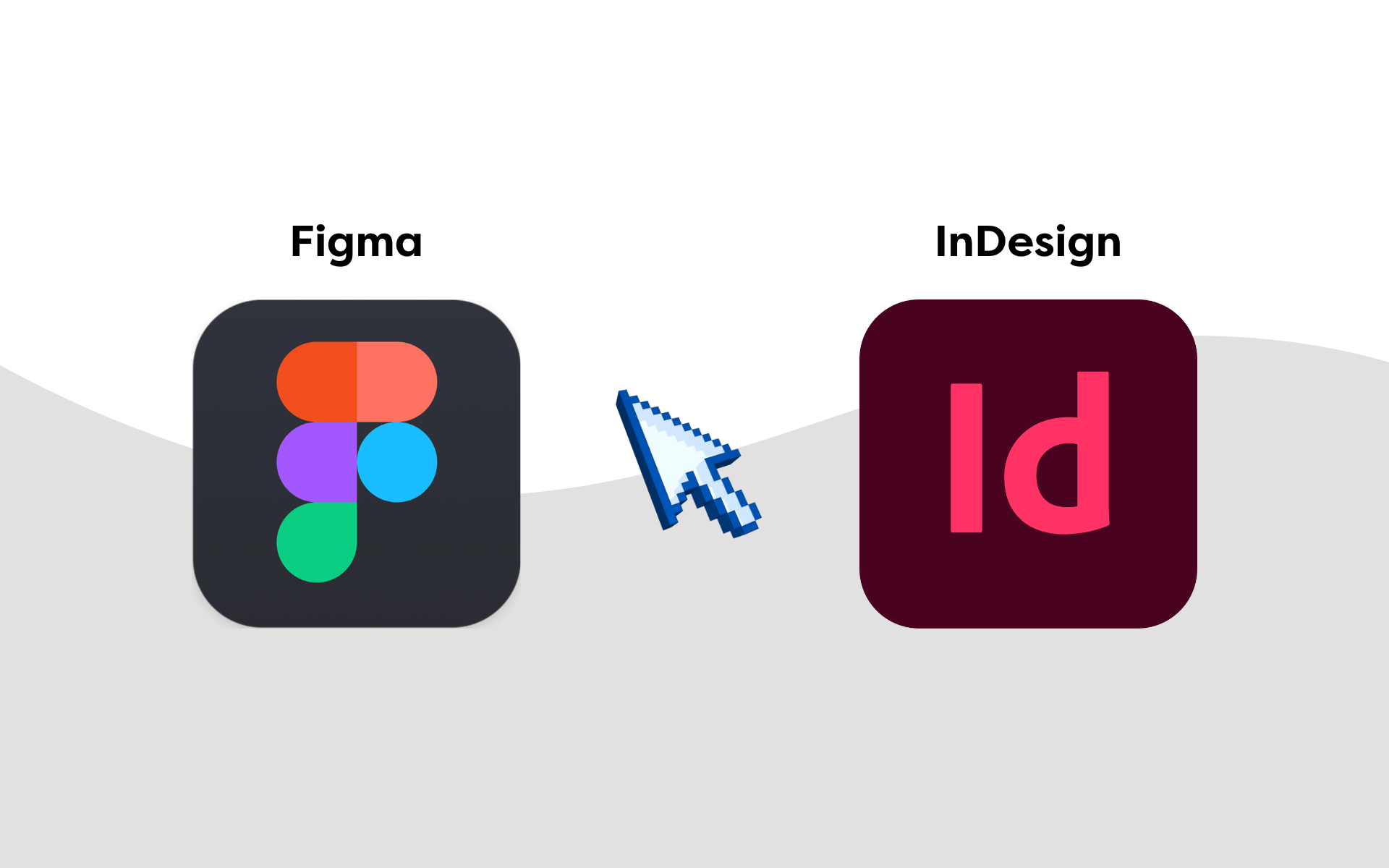Behind every successful business, there’s a lot of hard work, persistence, and a skillful accountant.
Still, it can’t be said that accountancy firms don’t have to lift their finger in order to land clients. The competition is breathing down their necks, as there were over 360,000 members in the accountancy bodies in the UK in 2017.
It’s true that this industry isn’t particularly exciting and glamorous – some would even say that it’s a bit boring with all the numbers and regulations. But the truth is that with a well-thought-out digital marketing strategy it’s possible to attract new clients.
Here are 5 ways accountants can leverage digital resources and generate more business.
-
Build a Great Website
In accountancy, being transparent, visible, and trustworthy is essential. That’s why not having a website might seem unprofessional to your potential clients. They expect to find all the information about your company online.
If you already have a website, don’t stop reading because it’s not enough only to have one – an unoptimised, sluggish, and unattractive excuse for a website will only hurt your reputation.
Here’s what you should take into consideration if you want to make a stellar impression:
- Loading speed matters. 47% of people expect a website to load in 2 seconds or less. Otherwise, they’ll bounce off and go to your competition – learn how to increase your load speed here.
- Mobile-friendliness is a must. Given that many people browse the internet on their mobile device, they expect websites to be displayed properly so that they don’t have to zoom in and out in order to browse or click on a button.
- Calls-to-action should be prominent. You need to tell your audience what exactly you expect them to do and what action to take when they land on your website. Use large, visible buttons, actionable words, and copy that’s relevant to your audience.
- Content should be regularly updated. If your last blog post or events entry is 6 months old, your potential clients might get the impression that you’re out of business. Or that you don’t care about your visitors.
- Contact information should be visible. This will allow your potential clients to connect with you easily.
-
Produce Superb Content
One of the reasons people visit websites is to find solutions to their problems. And when it comes to accounting, we can agree that there can be a lot of complex things that your potential clients might be struggling with.
That’s where your content comes in to help them navigate through white waters of accounting, doing taxes and minimising tax liability, processing payroll, company formation, you name it. The thing is that many small business owners and entrepreneurs aren’t exactly financially proficient. Your content should serve the purpose of educating them, which is why it’s a good idea to make it as helpful as possible.
Make a list of the biggest challenges your existing clients face, and turn them into easy-to-read blog posts with actionable tips. Infographics, videos, and other visually-oriented content is increasingly popular these days as it presents the information in a digestible and scannable manner.
-
Leverage Search Engine Optimisation (SEO)
Did you know that every month, 70 million new blog posts are published on the WordPress platform alone? This means that you can’t simply wait for your visitors and potential clients to stumble upon your website and discover all the great content that you create. You need to cut through all that noise and make your content stand out.
75% of people won’t even scroll past the first page of Google search results, so the trick is to improve your rankings. And that’s where search engine optimisation (SEO) comes in. Although this strategy requires hiring experts who will optimise your website and make it easily discoverable, there are some things that you can do too.
For example, identify keywords relevant to the accounting niche, and sprinkle them throughout your content and website. However, don’t get carried away, and make sure that you do it naturally.
Internal linking is another SEO tactic that is essential as it helps both Google’s crawlers and your readers navigate your blog posts or pages easily. In other words, include links leading to your other blog posts and pages within every piece of content your create. That way it will be easier for your visitors to find additional information about a topic. Optimising SEO elements such as meta descriptions, meta titles, and alt tags will also help you improve your rankings.
-
Build a Strong Social Media Presence
Like it or not, your target audience spends a lot of time on social media platforms. So, the odds are that they’ll spot your accountancy firm more easily if you target them on LinkedIn, Facebook, or Twitter by building a strong social media presence. By sharing your content, relevant news from the industry and business tips, as well as discussing the latest tax regulations, you’ll be able to amass a significant following and expand your network.
Quora is another platform that you can greatly benefit from. Many people look for answers there, so by investing some time to help them, you can establish yourself as an authority and generate new leads for your business. It’s a good idea to offer some free consultations on social media and invite your followers to get in touch if they need free financial advice.
-
Automate Your Email Marketing
You might have heard that email marketing is dead. The truth is that it evolved, which means that it doesn’t work if you want to spam your prospects with unpersonalised email blasts.
An all-size-fits-all approach is a relic of the past. First of all, it’s important to use one of the email marketing automation tools in order to segment your audience based on their different characteristics. You can, for example, split your list based on the location, company size, or industry of your recipients. This will allow you to create tailored content that will address their pain points and interests, and send them highly-personalised emails that they will actually open and read.
Some other tips for creating an effective email marketing campaign include:
- Craft a compelling subject line. Your subject line should catch the attention of your recipients and stand out in their crowded inboxes – don’t forget that they send and receive over a hundred emails a day on average.
- Include a relevant call to action. Just like any other marketing effort, your email should prompt your prospects to take action and engage with your company. Ask them to read your latest blog, download an industry report, or get a free consultation.
- Add a link to your calendar. That way your recipients can easily schedule a meeting with you without having to email you back and forth.
- Polish your signature. This frequently neglected element of your email strategy will score you some brownie points. If you add a professional headshot you will humanise your approach – it will be easier for your prospects to put a face to a name. Social media buttons to your business channels will encourage your recipients to follow you and connect with your company online.
As you can see, there are a lot of ways to make use of digital marketing and generate more leads for your accountancy firm. Remember that being persistent online with these techniques is essential if you want your strategy to perform well.
Marketing Labs are experienced small business SEO consultants who know how to drive traffic that converts! Give us a call if you want to take your website traffic to the next level.








